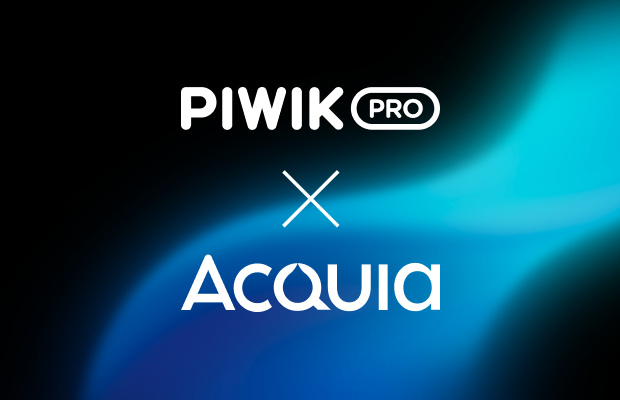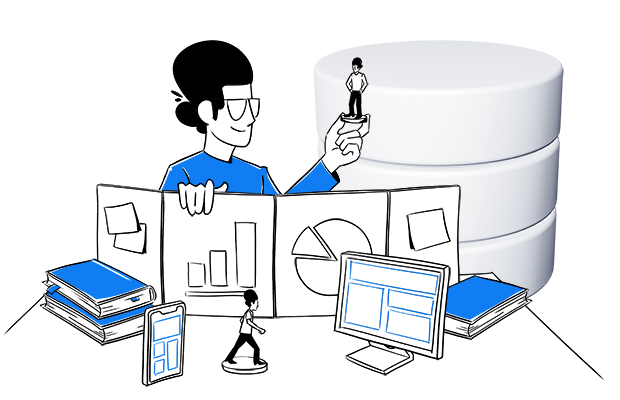Digital analytics is the process of collecting, measuring, and analyzing data from digital platforms to inform product and marketing strategies. By analyzing users’ interactions with content and campaigns, businesses can make data-driven decisions, shape strategies, and drive business success.
Digital analytics uses data collected from various sources, including:
- Websites.
- Landing pages.
- Mobile apps.
- Software products.
- Digital marketing campaigns.
- Social media channels.
With digital analytics, companies gain insights into web and app performance, product data, customer demographics and behavior, ecommerce data, campaign interactions, and more.
Digital analytics gives companies a holistic view of their brand’s online presence. It measures and evaluates the performance of various marketing activities and allows companies to design the most effective communication and sales actions. They can apply the derived insights to optimize their content and campaigns, reach audiences with relevant content, and drive more sales and conversions.
Analytics insights can also benefit other teams within an organization. They are invaluable for product-related decisions, customer support, business growth, development, operations, HR, and other use cases.
Digital analytics platforms facilitate all data collection and analysis processes within one tool.
Digital analytics platforms offer a range of features for analyzing user behavior, such as:
- Customizable dashboards and reports.
- Cross-platform tracking.
- Session recording.
- Heatmaps.
- A/B testing.
- Real-time reporting.
- Integrations with third-party tools.
- Customer journey analysis.
- Data visualization.
- Data import and export.
Examples of digital analytics platforms include Piwik PRO Analytics Suite, Amplitude, Mixpanel, Woopra, Pendo Analytics and Google Analytics 4 (GA4).










